Recent Media Coverage
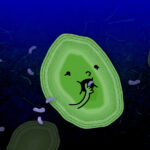
Ocean microbes get their diet through a surprising mix of sources, study finds
(MIT News 11/22)
Up to one-third of the carbon consumed by Prochlorococcus may come from sources other than photosynthesis.
 Small eddies play a big role in feeding ocean microbes
Small eddies play a big role in feeding ocean microbes
(MIT News 10/22)
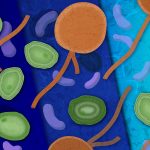 Plankton’s Place
Plankton’s Place
(MIT News 1/22)
Predator interactions chiefly determine where Prochlorococcus thrive
New findings may help researchers hone predictions for where phytoplankton will migrate with climate change.
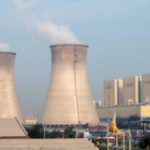 Metals from Chinese coal plants are ending up in the Pacific Ocean, with uncertain consequences
Metals from Chinese coal plants are ending up in the Pacific Ocean, with uncertain consequences
(USC News 10/20)
Though marine life may benefit from the influx of iron, Simons Collaboration on Ocean Processes and Ecology (SCOPE) research involving Mick Follows and former Darwin Group member B.B. Cael reinforces that the pollution from burning coal will have an adverse effect on human health finds emissions.
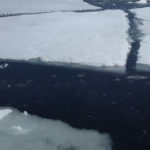 Antarctic sea ice may not cap carbon emissions as much as previously thought
Antarctic sea ice may not cap carbon emissions as much as previously thought
(MIT News 10/20)
Study from researchers in MIT’s Darwin Project suggests sea ice blocks the flow of carbon both into and out of the ocean, in roughly equal measure.
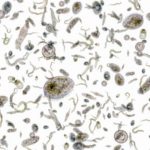 Seeding Oceans With Iron May Not Impact Climate Change
Seeding Oceans With Iron May Not Impact Climate Change
(MIT News 2/20)
Study finds Earth’s oceans contain just the right amount of iron; adding more may not improve their ability to absorb carbon dioxide.
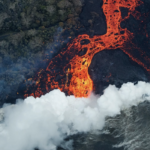 This Volcanic Eruption Set Off a Phytoplankton Bloom
This Volcanic Eruption Set Off a Phytoplankton Bloom
(New York Times, 9/19)
Lava from Kilauea in Hawaii flowed into the Pacific last year and pushed nutrients to the surface. The result was a banquet for light-loving microbes.
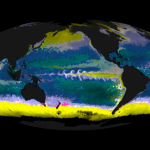 Collaboration to expand the study of microbial oceanography
Collaboration to expand the study of microbial oceanography
(MIT News, 7/18)
Simons Foundation-backed CBIOMES brings together researchers in oceanography, statistics, data science, ecology, biogeochemistry, and remote sensing.
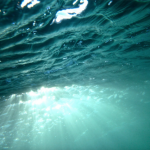 Understanding microbial competition for nitrogen
Understanding microbial competition for nitrogen
(MIT News, 4/18)
Interactions among microorganisms account for nitrite accumulation just below the sunlit zone, with implications for oceanic carbon and nitrogen cycling.
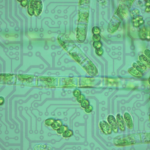 Phytoplankton and Chips
Phytoplankton and Chips
(MIT News, 8/17)
Simons Foundation supports enhanced computer infrastructure for MIT’s Darwin Project, which focuses on marine microbes and microbial communities.
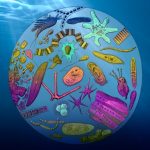 Rising temperatures are curbing ocean’s capacity to store carbon
Rising temperatures are curbing ocean’s capacity to store carbon
(MIT News, 7/17)
Study finds large amounts of carbon dioxide, equivalent to yearly UK emissions, remain in surface waters.
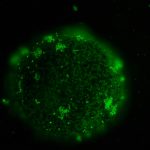 In search of the fundamental laws of microecology
In search of the fundamental laws of microecology
(MIT News, 5/17)
A new MIT-led Simons Foundation collaboration aims to understand basic principles and laws of microbial ecosystems.
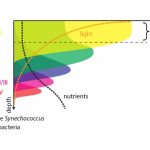 Tiny bacterium provides window into whole ecosystems
Tiny bacterium provides window into whole ecosystems
MIT News 3/17
Ubiquitous marine organism has co-evolved with other microbes, promoting more complex ecosystems.
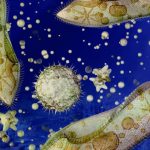 New study sets oxygen-breathing limit for ocean’s hardiest organisms
New study sets oxygen-breathing limit for ocean’s hardiest organisms
(MIT News, 12/16)
Study finds bacteria can survive in marine environments that are almost completely starved of oxygen.
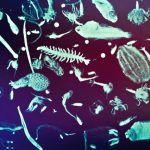 Living a “mixotrophic” lifestyle
Living a “mixotrophic” lifestyle
(MIT News, 2/16)
Some tiny plankton may have big effect on ocean’s carbon storage.
